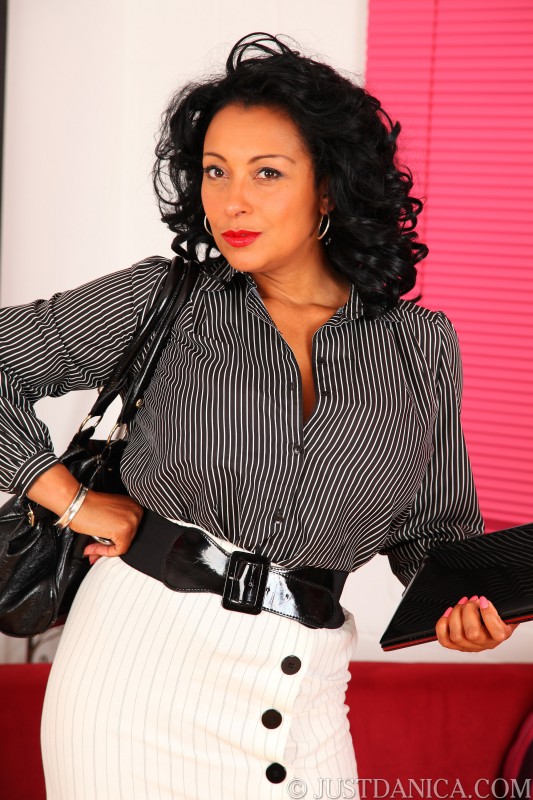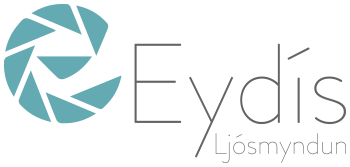Bisexuals become somewhat more unlikely than lesbians and homosexual guys to state that many people is trusted
About four-in-ten (39percent) LGBT grownups say that, generally, a€?most someone may be trusteda€? while 60% say a€?you can’t be too mindful handling people.a€? This really is nearly the same as the total amount of advice in the majority of folks.
In both everyone and among LGBT grownups, more youthful men and women are more unlikely than others to state that most people could be trustworthy.
Among gay males, about four-in-ten (38per cent) say these were younger than 10 once they initial believed they were not heterosexual. In contrast 23per cent of lesbians and 18per cent of bisexuals state they certainly were more youthful than 10 once they began to inquire their unique sex.
Gay men are very likely to state they have met brand new LGBT company online (69%) than either lesbians (47per cent) or bisexuals (49%)
It is critical to note that a lot of LGBT adults followed a separate series in arriving at realize their intimate direction or gender personality and just starting to share it with other people. Some people initially experienced they could be something besides directly, then informed anybody about it, however they are nevertheless perhaps not totally certain. Rest may know for many that they’re lesbian, homosexual, bisexual or transgender but have never contributed these records with individuals.
For LGBT people with perhaps not told their particular daddy that they are lesbian, gay, bisexual or transgender, about one-in-ten (12%) state they failed to tell him because they do not has a close relationship with your. That is a reduced amount of one factor with mothers: merely 4per cent of LGBT respondents state they’ve gotn’t advised their own mummy about their sexual direction because her union just isn’t close.
Since informing their dad, some 54per cent of LGBT people state their own commitment have not altered, and an extra 32per cent say it offers cultivated healthier (32per cent). Some 13per cent say telling their particular daddy generated her partnership weaker. Gay guys and lesbians tend to be more most likely than bisexuals who’ve told their own parent about their sexual direction to state this generated their union better.
a€?It is very difficult in the future off to my children. I did not do so until I was during my 30’s. Thankfully, my loved ones mentioned they enjoyed me regardless. A lot of my friends were not as fortunate to possess such a positive impulse. It is still not at all something my family actually covers but i’m happy that I was finally capable communicate my personal orientation using them.a€? -Bisexual woman, era 41, first-told individuals at years 17
LGBT grownups which say there is lots of approval of people that become lesbian, gay, bisexual and transgender in their town or city are a lot more likely to state this can be a significant good reason why they living around than are those which say there is little or no recognition from the LGBT populace in their people. About four-in-ten respondents (38percent) just who say there’s at the very least some recognition of LGBT individuals within neighborhood additionally say this is an important or lesser basis for residing there. Among those exactly who say there is little or no acceptance within their area or city, just 15per cent state the degree of personal recognition is a reason they live truth be told there.
Merely 12per cent of all of the LGBT grownups say all or most of their close friends were LGBT. An additional 42per cent say several of their own close friends is LGBT, about one-third (35%) say only a few of their buddies were LGBT, and 9per cent state nothing of their pals include.
For lesbians, homosexual guys, bisexuals and transgender adults, their buddies become a blend of those people who are LGBT and people who aren’t
Overall, approximately half (55per cent)  of LGBT adults state they usually have generated new LGBT pals on the web or through a social network web site.
of LGBT adults state they usually have generated new LGBT pals on the web or through a social network web site.
